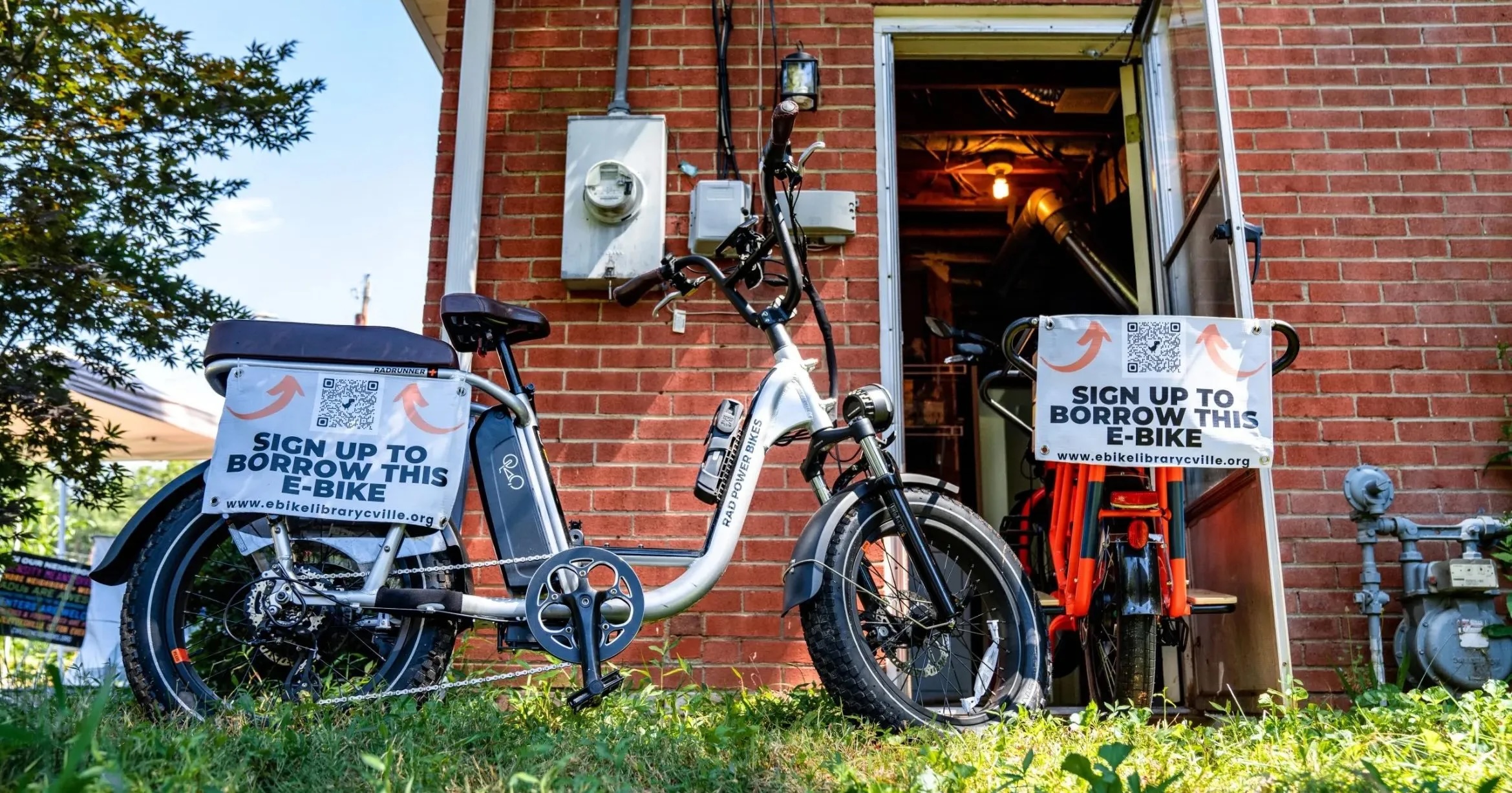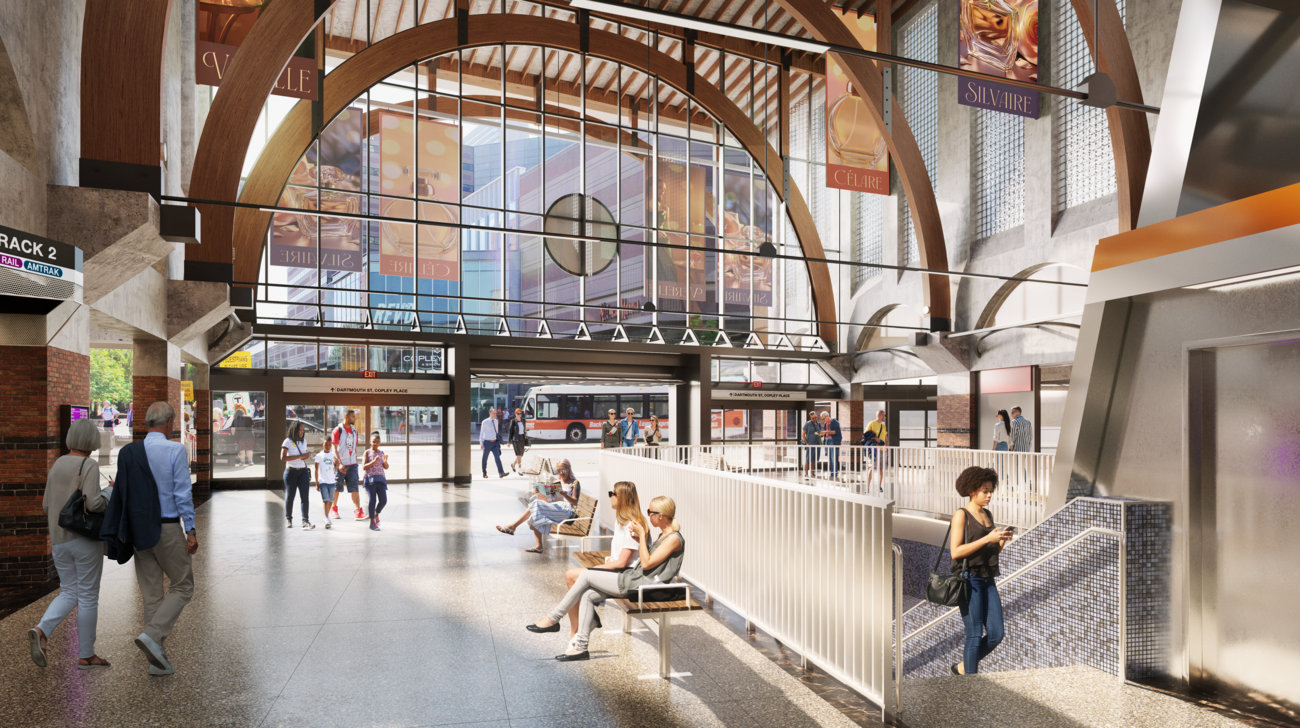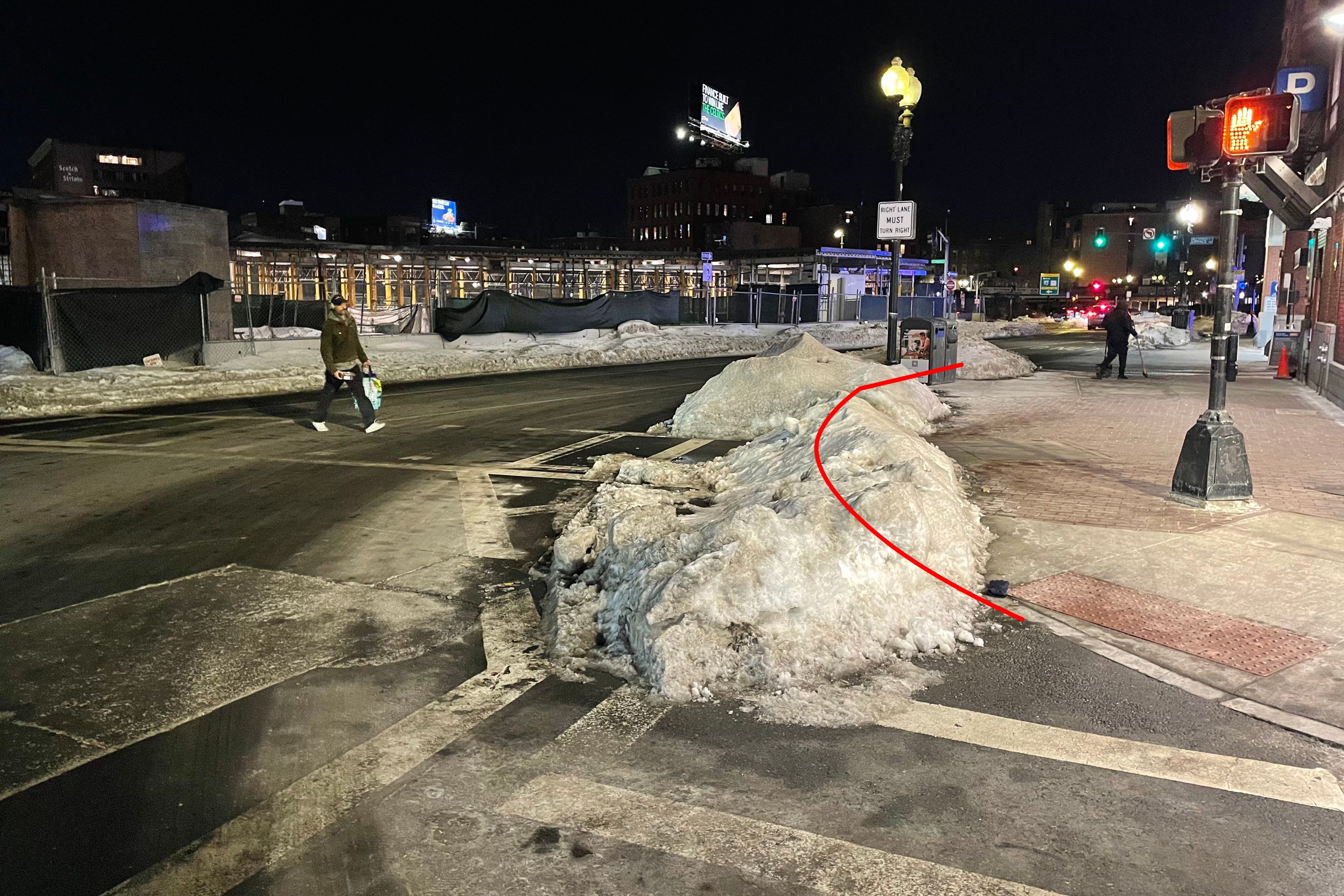After nearly two years of planning, the Commonwealth is gearing up to spend $4.5 million to help low- and moderate-income households purchase new pedal-assist electric bikes.
In a "request for proposals" (RFP) document released on Thursday, the Massachusetts Clean Energy Center announced their intention to "provide targeted incentives to residents across Massachusetts to purchase an e-bike" starting this summer.
"This program aims to support e-bike adoption among (low- to moderate-income) households while supporting the Commonwealth’s environmental goals," according to the RFP.
The Clean Energy Center is using the RFP to find organizations that could administer the program and track its results. Responses are due by May 24.
Rebates will range from $800 to $1,200
Under the proposed program, lower-income Massachusetts residents whose combined household income is less than 2.25 times the federal poverty level – $32,805 for a single-person household, or $67,500 for a family of 4 – would be eligible to receive a rebate of $1,200, or up to 90 percent of the total cost of a new e-bike.
Moderate-income households who earn less than 4 times the federal poverty level – $58,320 for a single-person household, or $120,000 for a family of 4 – could apply for rebates worth $800, or up to 75 percent of their bike's cost.
Participants would also be eligible to receive an additional $150 for accessories like lights, helmets, and locks.
After participants apply and confirm their eligibility, the rebates would be applied at the register at participating bike shops.
A total of $4.5 million in funding is available for the program, which means that the Commonwealth could subsidize several thousand new e-bike purchases.
Still, the RFP acknowledges that "demand for the program is likely to outpace the available number of incentives."
Connecticut, for instance, had to shut down a similar rebate program after only ten days last summer because the state received 6,394 applications and only had funding available for about 1,000 rebates.
The Massachusetts Clean Energy Center suggests that the Commonwealth's rebates could be rationed, with only a certain number of rebates issued per month, so that the program's funding can last longer.
Program aims to reduce pollution by replacing car trips
Research of similar e-bike rebate programs from other cities and states indicates that they can be a popular and cost-effective way for governments to reduce traffic and its associated air pollution.
An analysis of Denver's pioneering e-bike rebate program concluded that the average participant replaced an average of 3.4 gas-powered vehicle trips per week with bike trips.
In early 2022, the Massachusetts Clean Energy Center funded several smaller pilot programs that offered e-bikes and e-bike rebates to targeted populations.
Those programs, while limited in scope, have also shown promising results.
In the City of Worcester, MassBike won Clean Energy Center grant funding to give away 100 e-bikes and asked participants to maintain detailed logs of how much, and for what purposes, they used their new bikes.
Between August 2022 and May 2023, 98 program participants had logged over 8,000 trips for a cumulative total of 32,000 miles ridden, according to MassBike. A majority of those trips were for commutes to work or running practical errands.
"We're grateful that the state is levelling up the successful programs that they’ve been piloting," Galen Mook, the executive director of MassBike, told StreetsblogMASS on Thursday. "The program in Worcester has been transformative for its participants, and we’re excited to expand this potential statewide."






